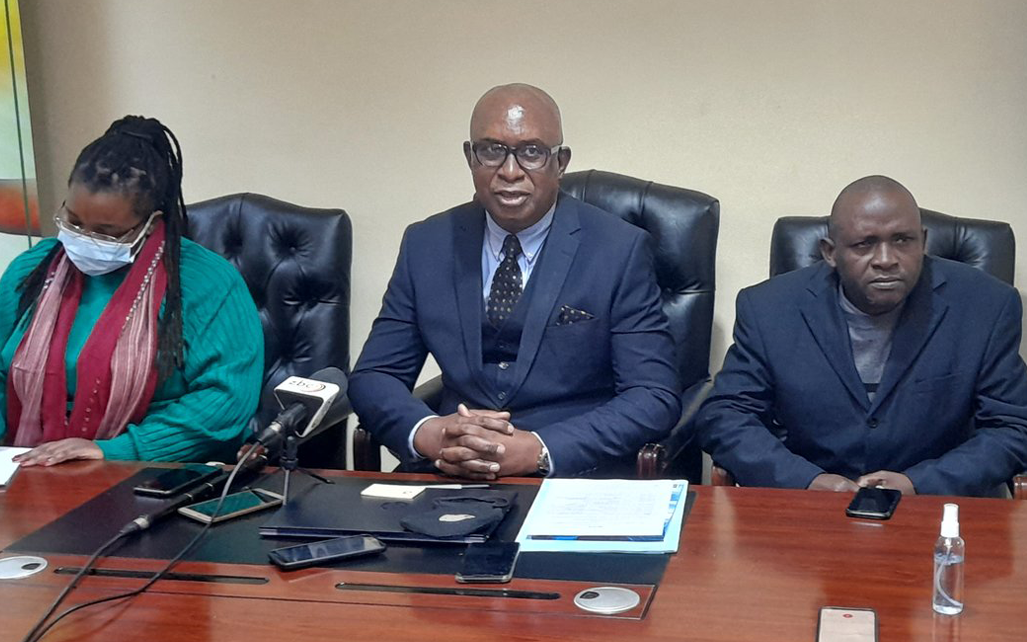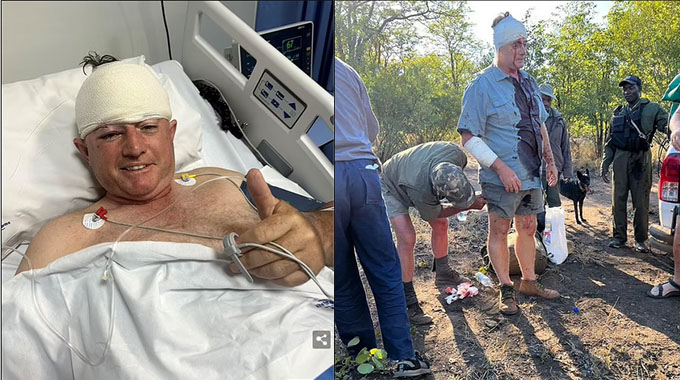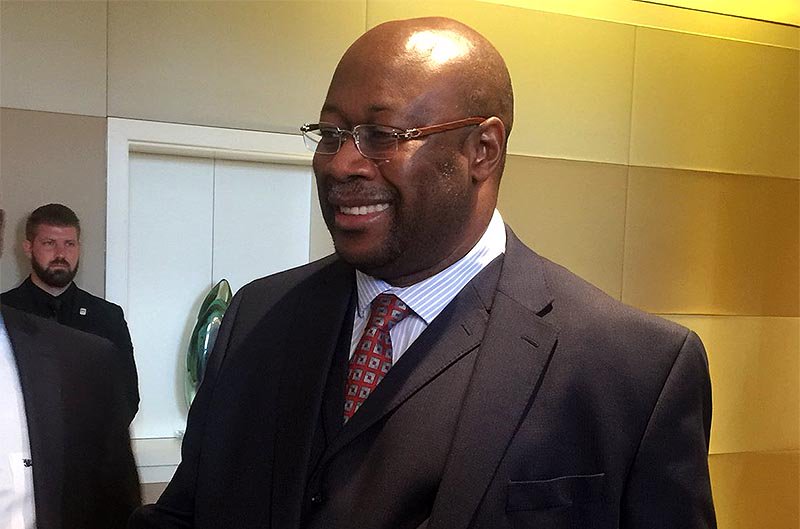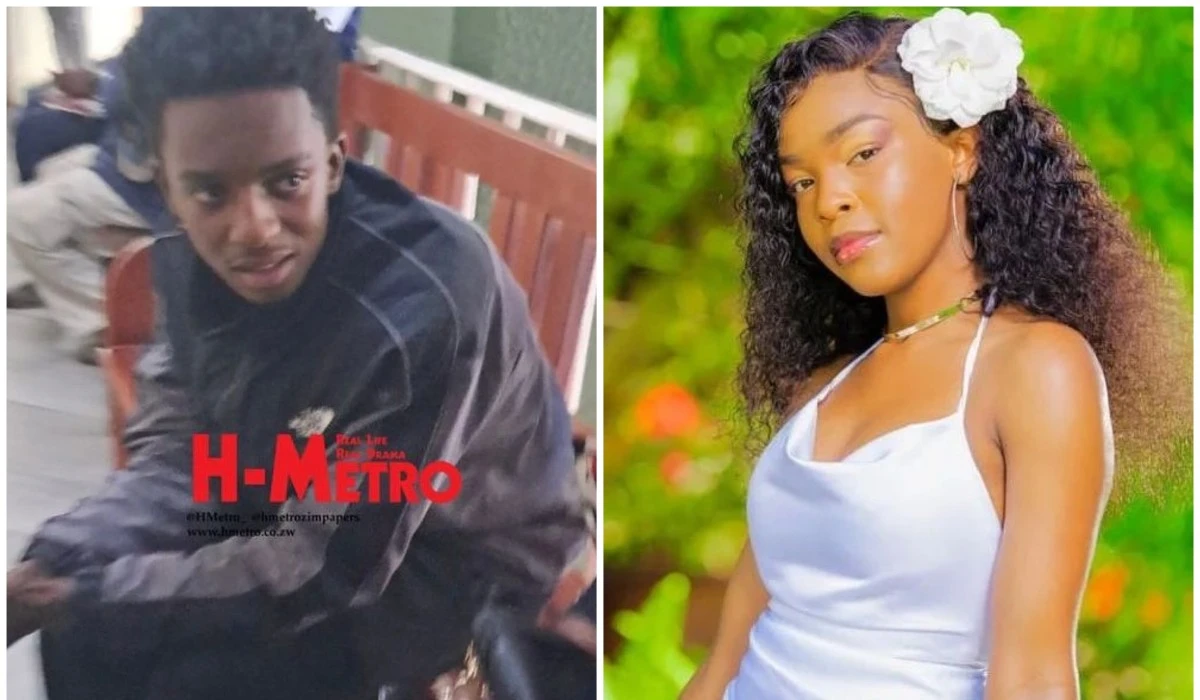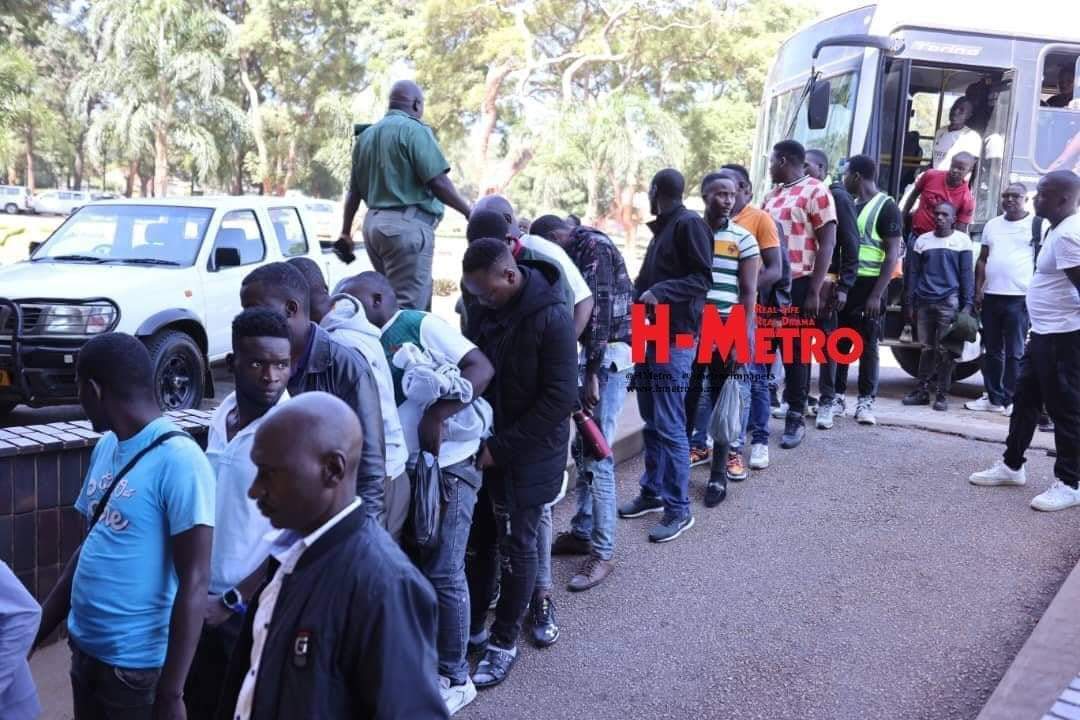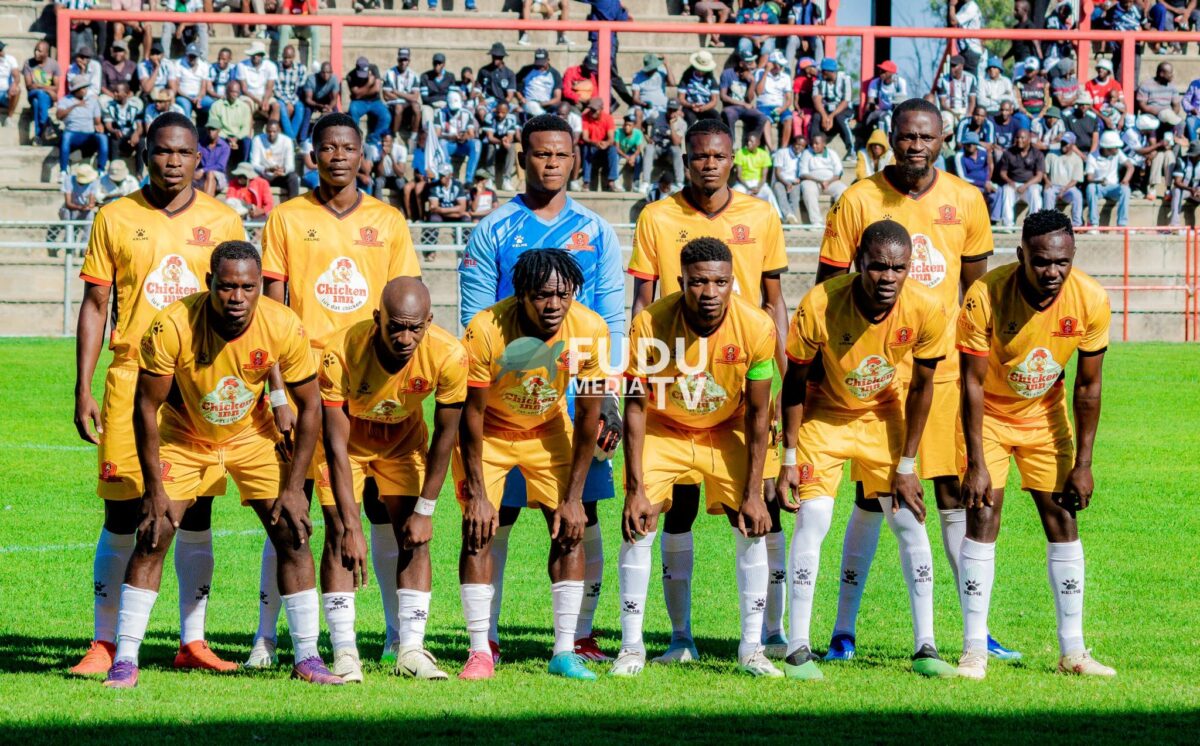HARARE – Zanu PF convert Obert Gutu, a member of the National Peace and Reconciliation Commission (NPRC), was hauled over the coals on Tuesday after appearing to downplay the gravity of Gukurahundi, calling it “a small tiny fraction” of the issues his commission is dealing with.
A deployment of the North Korean-trained Fifth Brigade by the late former president Robert Mugabe in the predominantly Ndebele-speaking provinces of Matabeleland and Midlands killed more than 20,000 people – mostly unarmed civilians – in the 1980s.
The massacres, characterized by some as genocide, remain an emotive, hot-button issue, with victims and activists demanding justice.
Fielding questions about the commission’s mandate during a news conference in Harare, Gutu, a former member of the opposition MDC, said Gukurahundi was but a tiny bit of the grievances that they were handling, sparking fury from members of the public who felt he was diminishing the killings.
“It’s a pity that normally people look at the commission as only dealing with one issue of Gukurahundi. I think Gukurahundi is just a small, tiny fraction of the various other disputes we are talking about,” Gutu said.
“We are talking of issues that happened in 2005; Murambatsvina, you are talking of various other issues, some dating back to pre-independence times.”
Still, Gutu, who chairs a sub-committee of the commission that handles public complaints, said the Chapter 12 institution was seized with the festering Gukurahundi question, adding that President Emmerson Mnangagwa had personally voiced a desire to see them bring it to closure.
“The issue of Gukurahundi as you know,” Gutu responded to a reporter, “is one of several other issues on the agenda of the commission. I know maybe you have raised the issue of Gukurahundi because it is the most, I believe, the most talked-about issue. When people talk about the NPRC, the number one issue is Gukurahundi.
“Yes, we are dealing with that, and I’m happy that we have come on board at a very exciting time. The Second Republic has set its goals very clear in terms of the National Development Strategy 1… if there are any wounds from the past we should try by all means to heal them. So the way we look at it, Gukurahundi, we look at it as an episode that we are already seized with.”
He also said his commission had deployed investigators to Matabeleland North and South, and Bulawayo provinces, to talk to “the grassroots people about this issue. We have already started the process.”
The commissioner added: “We have been mandated by the Constitution and even when we were sworn in, President Mnangagwa was very clear to say ‘you should try to go out there and get closure to Gukurahundi,’ because I think it’s a subject that keeps popping up.
“Especially now that we are getting towards the next elections, it’s a subject that sometimes is misconstrued, its politicized and all that. So, the good thing about the commission is we are going out there to ensure as a nation we move forward, there is closure. It’s an impartial process, it’s a non-political process. It’s a process that’s going to deal with issues from the grassroots.”
The outrage over Gutu’s remarks was swift and deafening, with some demanding his immediate removal from the national healing commission.
Former cabinet minister Professor Jonathan Moyo said it was “criminal” of Gutu “to say Gukurahundi is ‘a very small, tiny fraction of the various other disputed we are talking about,’” adding that “Gukurahundi is not a dispute, it is a genocide whose penetrators have not been held to account through the law for the justice of victims and survivors.”
Lawyer and academic Alex Magaisa blasted: “What a horrible thing to say! Even Zanu PF diehards know not to utter such nonsense. They have willing tools in the form of political turncoats who are trying too hard to pay their dues for seats on the gravy train. It is these mafikizolo [johnny-come-lately] that tend to be the most incorrigible.”
And opposition MDC Alliance spokesperson Fadzayi Mahere tweeted that “A whole genocide can never be a ‘tiny fraction’ of the issues that the supposed Peace and Reconciliation Commission is dealing with. It has to be a priority, the foremost issue otherwise they are not fit for purpose. We need new leaders.”
